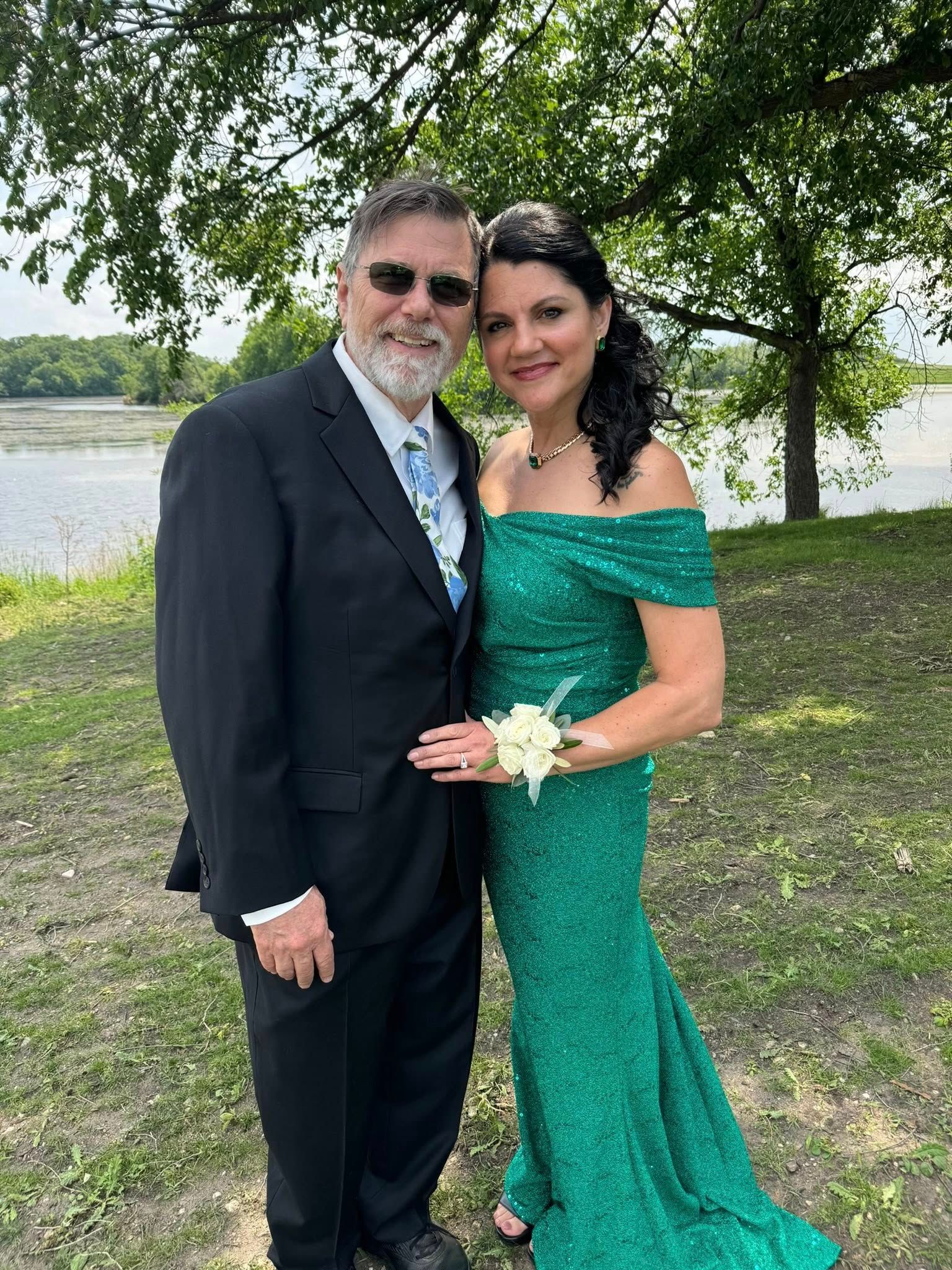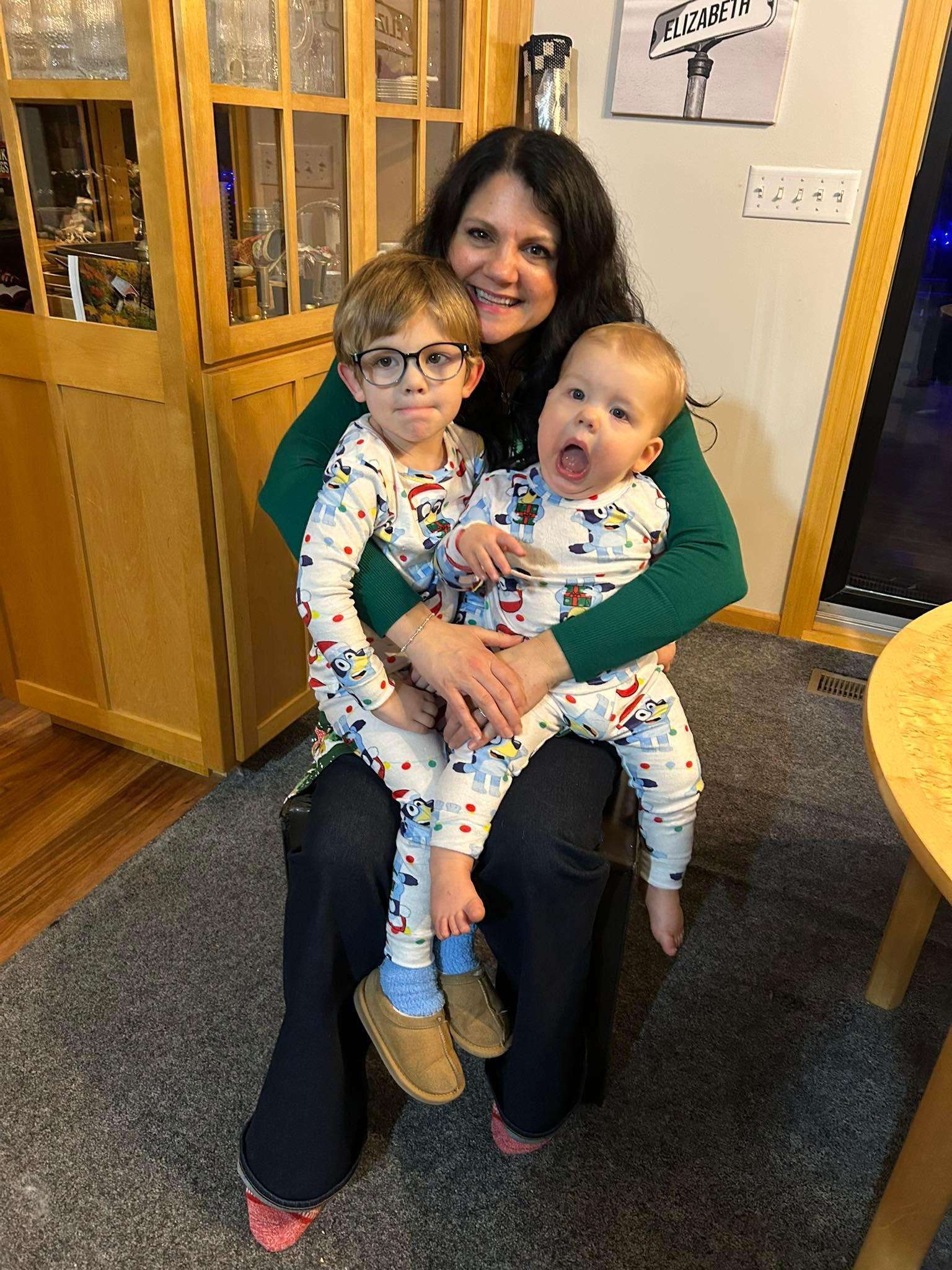“It’s All in Your Head”: The Hidden Harm of Medical Gaslighting
Have you ever walked into a doctor’s office hoping for answers, only to leave feeling unheard, dismissed, or worse—questioning your own sanity?
You explain your symptoms. You describe your pain, your fatigue, your brain fog, the way your body just feels off. And the response?
"Your labs are normal—everything looks fine."
"That doesn’t happen."
"You’re probably just anxious. Maybe depressed."
If that sounds familiar, you’re not alone. And more importantly: you are not imagining it.
Medical Gaslighting Is Real
Medical gaslighting happens when a healthcare provider minimizes, doubts, or outright denies a patient's symptoms or concerns. It can be subtle or overt, but either way—it’s deeply harmful. It happens disproportionately to women, to people of color, and to patients with complex or unexplained symptoms.
But here’s the part that’s both shocking and important to understand:
This isn’t new.
MS Was Once Diagnosed as "Hysteria"
The Legacy of Hysteria: A Cautionary Tale
Not so long ago, Multiple Sclerosis (MS)—a serious autoimmune disease affecting the brain and spinal cord—was considered aform of hysteria. Because it disproportionately affected women and presented with fluctuating, hard-to-measure symptoms, it was assumed to be psychosomatic. A disease of the "overly sensitive female nervous system."
That wasn’t centuries ago. That was recent history, like 1950.
And it’s just one example. From endometriosis to chronic Lyme to post-viral syndromes like Long COVID, countless conditions that are now biologically recognized were once written off as anxiety, attention-seeking, or “just stress.”
So when your doctor tells you “that can’t happen,” remember: what’s considered impossible today might be tomorrow’s established fact.
What gets dismissed today could be tomorrow’s established diagnosis.
"Normal Labs" Don’t Mean "Nothing’s Wrong"
Let’s be clear: lab tests are helpful, but they are not infallible. They provide clues—but they don’t tell the whole story.
If your labs are “normal” but you feel terrible, that doesn’t mean you’re fine. It means the system needs to dig deeper, not shut the door.
Your body knows what it’s experiencing. And you deserve a provider who believes you when you say something isn’t right.
The Consequences of Dismissal
When symptoms are ignored or written off as “just stress,” “just hormones,” or “just anxiety,” the cost is real:
- Delayed or missed diagnoses
- Unnecessary suffering
- Shame, self-doubt, and distrust in the medical system
- A growing reluctance to seek help again
And most damaging of all? It teaches people to stop trusting themselves.
You Are Not Broken. You Were Unheard.
If you’ve experienced medical gaslighting, here’s what I want you to know:
- You’re not making this up.
- You’re not overreacting.
- You are not “too sensitive.”
You are attuned to your body. You are wise. And you are absolutely deserving of care that listens to you, respects you, and takes your symptoms seriously.
How to Reclaim Your Voice
- Trust your intuition. If it doesn’t feel right, keep seeking.
- Document your symptoms. Write it all down—dates, patterns, reactions.
- Bring someone with you. A second voice can shift the dynamic.
- Find a new provider. Functional, integrative, and trauma-informed care may offer more space for your story.
- Don’t settle. The right provider is out there.
A Different Kind of Medicine
In my clinic, the first and most powerful medicine we offer is listening. We start by validating your story—because that’s where true healing begins.
You are not a problem to be dismissed. You are a person with a story that matters.
Let’s stop the gaslighting. Let’s start believing people.
Let’s build a different kind of healthcare—one where you are seen, heard, and never again told “it’s all in your head.”
-Dr. Sult












